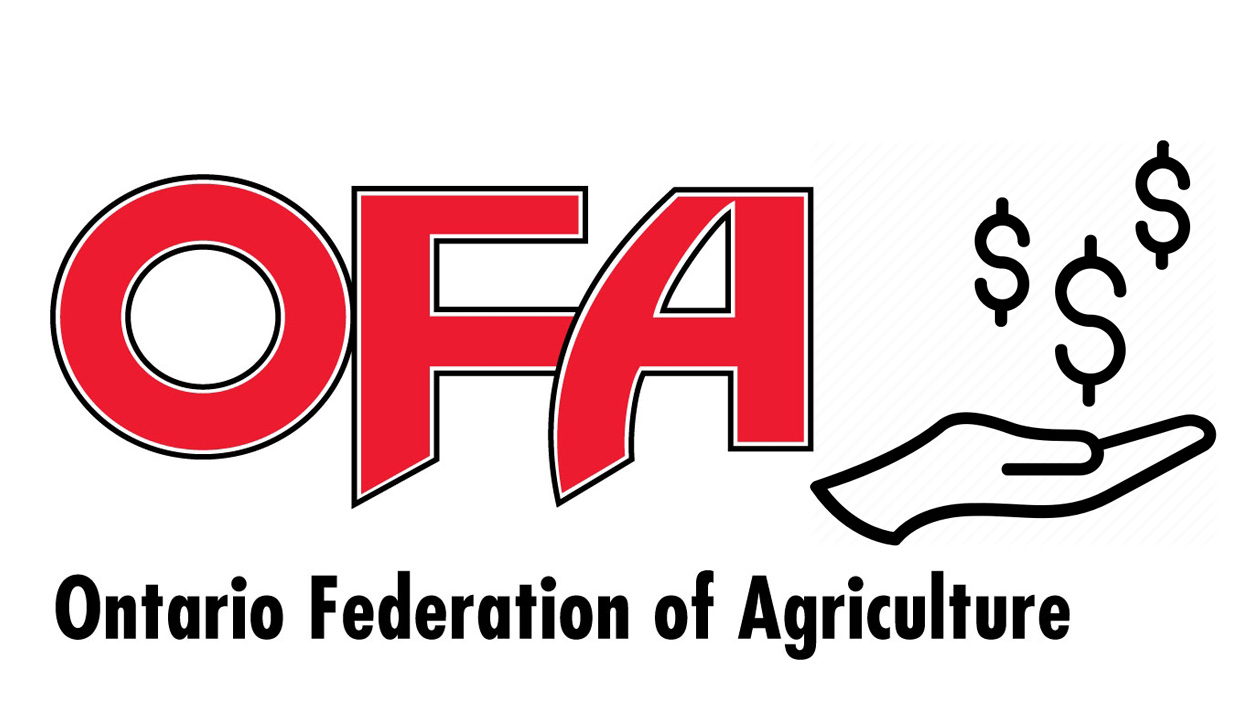Several recent positive drug tests may have been the result of prohibited substances in feedstuffs. One of these prohibited substances is ractopamine, which is used to promote weight gain and feed efficiency and is licenced in Canada for use in beef cattle, pigs and turkeys.
Following several positive tests in Ontario, the Ontario Racing Commission undertook an investigation that found ractopamine in batches of horse feed. Similar findings were heard from Alberta and Quebec. Upon receipt of this information, CPMA initiated discussions with the Canadian Food Inspection Agency (CFIA) wherein it was determined that the CFIA has set allowable limits of ractopamine to be present in feed. However, even if horse feed passes these allowable limit tests, the feed may contain enough ractopamine to cause a positive result in CPMA’s drug testing program.
CFIA also advised that it has a program for feed mills that minimizes the likelihood of ractopamine being found in feed for animals destined for international markets that do not allow any amounts of ractopamine in exported meat. The threat of an unintended positive test result to Canadian horsepeople may be minimized in several ways including but not limited to obtaining feed from manufacturers certifying that ractopamine is not used in feed produced at their facility.
It is suggested that owner and trainers make agreements with feed suppliers that their feed come from sources that minimize the risks of contamination. Owners and trainers are reminded that it remains their responsibility to obtain horse feed and supplements that are free from substances that may trigger a positive test.
Medicating ingredients permitted in Canadian feeds that may cause a positive test in the CPMA’s drug testing program include but are not necessarily limited to: ractopamine, zilpaterol, procaine penicillin and levamisole.
More from Horse Sport:




